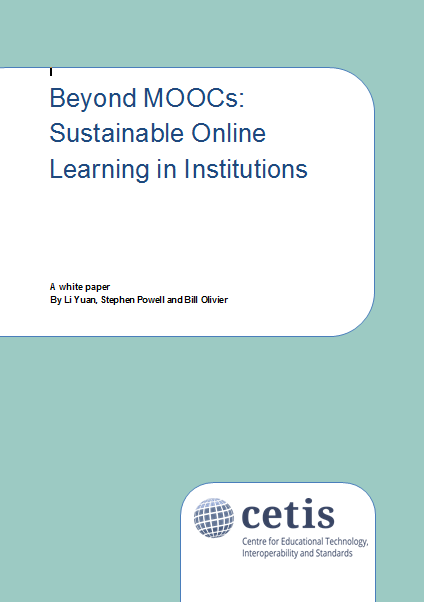About This Post
This blog post provides some background information on digital literacy and argues that digital literacy needs to go beyond student teaching and ensure that staff and researchers, who may wish to continue their professional activities when they leave their current institution, are able to migrate content and services to the Cloud, so that content and tools can be reused once access to institutional services is no longer available.


